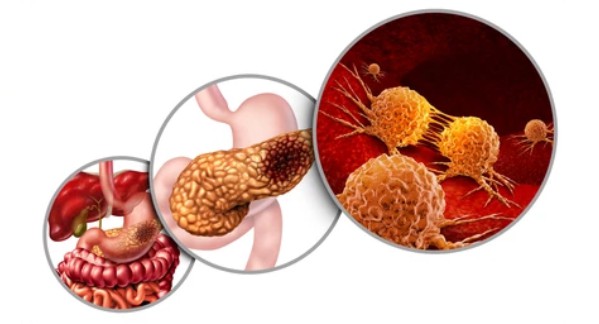Pancreatic Cancer Stem Cell Markers
Related Symbol Search List
Immunology Background
Overview of Pancreatic Cancer Stem Cell Markers

Pancreatic cancer is a highly aggressive and malignant tumor that is difficult to treat and has a poor prognosis. In recent years, researchers have discovered pancreatic cancer stem cells, which have properties such as self-renewal, multidirectional differentiation, and drug resistance, and are thought to hold the key to the origins and therapeutic challenges of pancreatic cancer. To better understand and treat pancreatic cancer, researchers have begun to focus on pancreatic cancer stem cell markers, which are proteins or genes that are specifically expressed on pancreatic cancer stem cells, and can help scientists identify and purify these stem cells, and delve into their molecular mechanisms.
Classification and Characterization of Pancreatic Cancer Stem Cell Markers
Pancreatic cancer stem cell markers can be divided into several classifications, mainly including cell surface markers, signaling pathway-related molecules, and transcription factors.
- Cell surface markers are one of the more common classes of markers in pancreatic cancer stem cell research, such as CD24, CD44, and CD133. The expression levels of these markers are closely related to the specificity of pancreatic cancer stem cells and tumorigenesis and development.
- Signaling pathway-related molecules include Wnt, Hedgehog, and Notch, which are involved in the self-renewal and differentiation process of pancreatic cancer stem cells.
- Transcription factors influence the properties and functions of pancreatic cancer stem cells by regulating gene expression.
Research Techniques for Pancreatic Cancer Stem Cell Markers
The study of stem cell markers for pancreatic cancer requires the use of a range of methods and techniques.
- When analyzing cell surface markers, techniques such as flow cytometry and immunohistochemistry are often used to quantify and analyze the expression of the markers by specific fluorescent labeling or antibody conjugation detection. Among them, flow cytometry has the advantages of high throughput, high sensitivity, and multi-parameter simultaneous detection, which can provide an effective means for the purification and identification of pancreatic cancer stem cells.
- In signaling pathway and transcription factor research, techniques such as immunoblotting, real-time quantitative PCR, and gene editing are often used. The mechanisms by which these markers are related to the function of pancreatic cancer stem cells are revealed by detecting protein expression levels and gene variants.
Applications of Pancreatic Cancer Stem Cell Markers
The study of pancreatic cancer stem cell markers provides new ideas and ways for the diagnosis and treatment of pancreatic cancer.
- The analysis and detection of markers can improve the early diagnosis of pancreatic cancer and help to screen suitable treatment options.
- In addition, therapeutic strategies targeting stem cell markers for pancreatic cancer have also been widely studied, including drug therapy targeting specific markers, gene therapy, immunotherapy, etc. These studies will bring new hope to the treatment of pancreatic cancer and improve efficacy and survival.
The study of stem cell markers for pancreatic cancer is a cutting-edge and challenging field, and will require the efforts and cooperation of more scientists in the future to promote their application and development in pancreatic cancer research and treatment.

